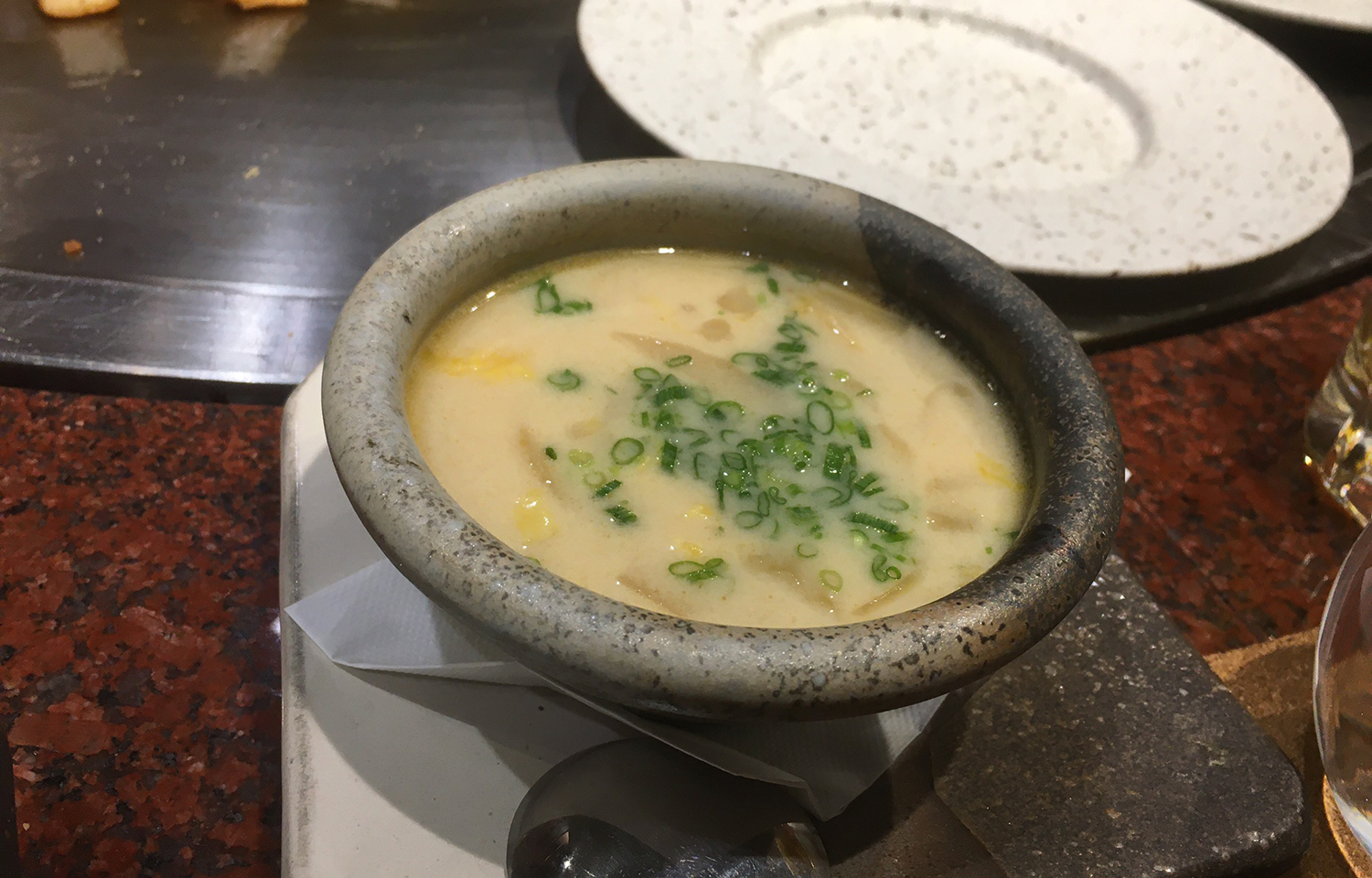Japanese companies have begun to release plant-based seafood analogs at an increased rate, but unlike in the U.S. and Europe, where animal welfare is a major motivation for consumers’ turn toward vegetarianism, most Japanese product releases are promoted simply as health-focused or as helping to conserve limited fishery resources.
Such companies hopping on the trend include Tokyo-based Nichirei Corporation, which has started trial marketing a salmon roe substitute, and Osaka-based Fuji Oil Holdings, which is promoting a soup stock product that mimics the taste of smoked and fermented bonito.
Nichirei Fresh, a subsidiary of Tokyo-based Nichirei, began trial sales of its cholesterol-free, kelp-based salmon roe analog online last September, and now the company is planning to launch full-scale sales in 2025 while continuing to monitor market demand.
The product is aimed at people watching their cholesterol and those with fish egg allergies. According to a 2020 study referencing 2011 data, fish roe was the main cause in 3.7 percent of immediate reaction-type food allergies reported to doctors in Japan and especially prevalent among toddlers.
Fuji Oil Holdings, based in Izumisano in the prefecture of Osaka, has developed a range of meat analogs that mimic the texture of real beef, pork, and chicken. It branched into seafood analogs in 2019, when it introduced a sea urchin roe analog containing about 5 percent real uni.
Fuji Oil initially aimed to take advantage of a rush of tourists expected to flood Japan during the 2020 Tokyo Olympic Games, a sizable chunk of whom were likely to be vegan or vegetarian. However, the games were delayed by a year due to Covid-19, and when they were held, spectators could not attend.
Now that tourism has returned to pre-Covid levels, Fuji is hoping demand for its analog products will return.
“It’s going a little bit slower than we expected, but the adoption rate is improving,” Ai Murakami, an employee on Fuji Oil’s PR team, said. “Tourists are coming again now.”
Many ramen shops around the country, some even with international footprints such as Ippudo, which has locations in the U.S., the U.K., and France, have purchased Fuji Oil analog products for use in their stores.
Atsushi Sato is both a chef and the global business manager of the Osaka-based Chibo chain, which is a buyer of Fuji products, and said that the chain’s shop in Osaka receives many tourists with special diets. Many Western tourists ask for vegetarian options, according to Sato, and an even larger number of Islamic tourists require halal food.
Fuji is hoping that growing demand for seafood will lead to a bigger market for both its sea urchin and bonito analogs.








